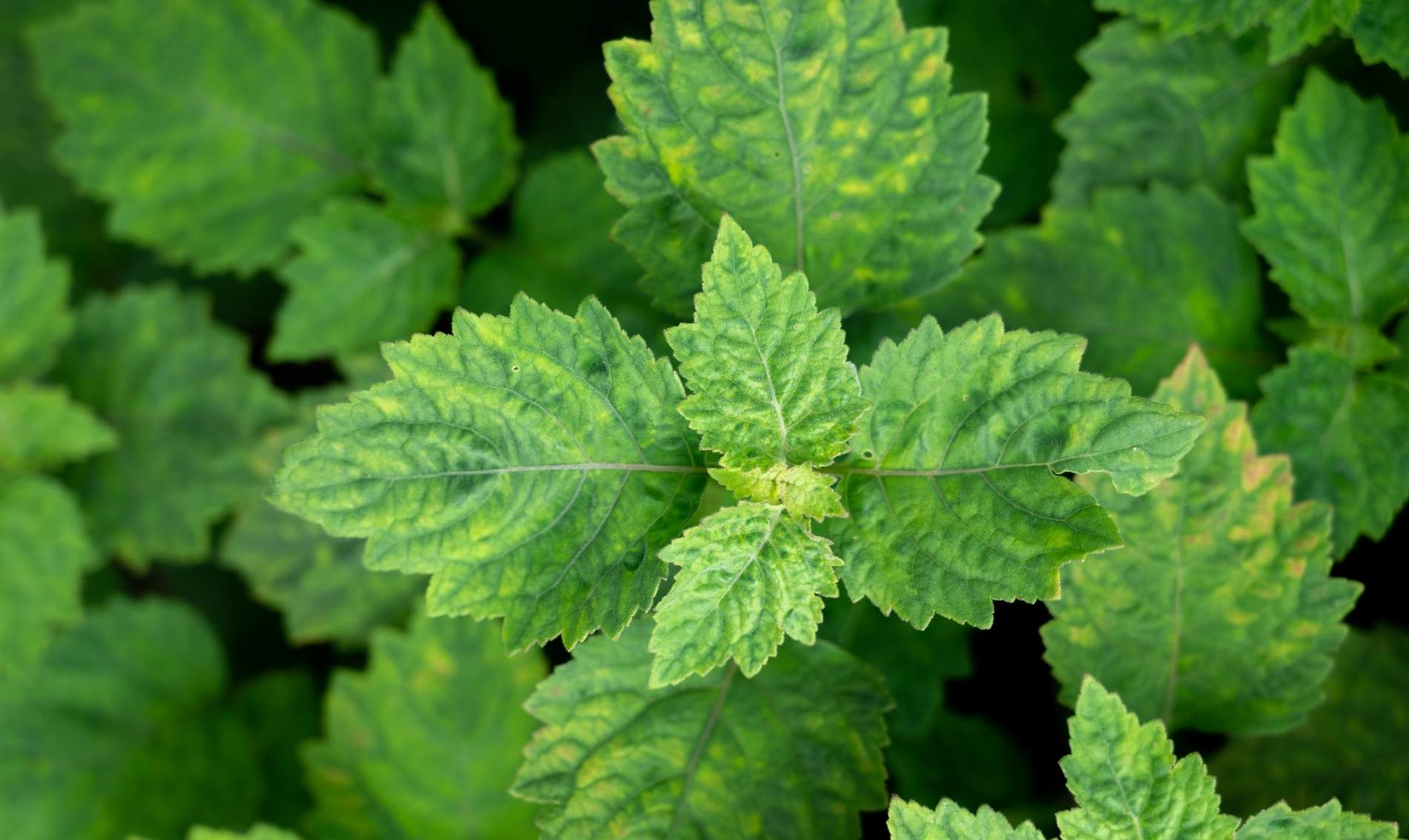Unlock the Mystical Power of Patchouli Oil Scent: The Secret to Timeless Aromatherapy
Patchouli oil, with its deep, earthy scent, has captivated people for centuries, evolving from an ancient therapeutic remedy to a modern staple in wellness practices. Known for its grounding qualities, patchouli oil offers a unique combination of emotional, physical, and mental benefits, making it an essential component in aromatherapy. This article will explore the mystique behind patchouli oil, its ancient roots, its unique scent profile, therapeutic benefits, and how it can be seamlessly incorporated into your daily routine.
Discover the Timeless Appeal of Patchouli Oil Scent

The Mysterious and Earthy Qualities of Patchouli Oil
The scent of patchouli oil is undeniably distinctive—earthy, woody, and subtly sweet. This combination creates a calming atmosphere that promotes relaxation and mindfulness, making it perfect for meditation. Beyond its aroma, patchouli oil has long been cherished for its therapeutic effects, from reducing stress and anxiety to soothing skin irritations. Its deep, rich fragrance also makes it a popular base note in perfumes, adding depth and balance to other scents, creating a sense of stability and tranquility.
A Centuries-Old Aromatherapy Favorite
Patchouli oil has been valued for centuries, particularly in ancient Asian traditions, where it was prized for both its medicinal properties and its ability to protect fabrics. This centuries-old oil has stood the test of time, gaining popularity not only as a fragrance but also for its ability to foster creativity and spiritual balance. As a result, patchouli oil has become a timeless favorite in aromatherapy, offering not just a pleasant scent but also a connection to the past and a means of enhancing the present. Whether used for its calming effects, skincare benefits, or nostalgic qualities, patchouli oil’s enduring appeal is undeniable.
The Ancient Roots of Patchouli Oil Scent
Historical Significance in Ancient Cultures
Originating from Southeast Asia, specifically Indonesia, patchouli oil has a long history tied to ancient trade routes. The Silk Road was pivotal in spreading patchouli across cultures, where it was used by merchants to protect valuable textiles like silk and cashmere from insects. The distinct earthy aroma of patchouli became a hallmark of luxury, signifying quality and authenticity in goods traded across Europe and the Mediterranean. This historical backdrop underscores the cultural significance of patchouli, not only as a commodity but as a symbol of exotic allure.
Cultural Importance in Rituals, Perfumes, and Healing Practices
Patchouli’s importance extends far beyond commerce; it has been integral to religious and cultural rituals. In ancient Indian and Chinese cultures, patchouli oil was burned as incense in ceremonies, symbolizing purification and a connection to the divine. It was also used in traditional medicine, where its antimicrobial and soothing properties helped treat a variety of ailments. From Ancient Egypt’s perfumed burials to the Roman Empire’s love of patchouli in bathhouses, this oil was more than a fragrance—it was a tool for spiritual and physical healing.
What Makes Patchouli Oil Scent Unique?
The Distinct Fragrance Profile of Patchouli Oil
The unique fragrance of patchouli oil is what sets it apart from other essential oils. Its earthy, musky scent, slightly sweet with age, creates a grounding effect that has made it a staple in high-end perfumes and incense blends. The richness of patchouli deepens as it ages, adding to its allure and versatility. This distinctive scent comes from compounds like patchoulol, which contribute to its lasting power and grounding qualities. These characteristics have made patchouli oil a favorite in both the perfume and wellness industries, where it enhances both physical and emotional well-being.
The Science Behind Its Unique Chemical Composition
Patchouli oil contains over 70 chemical compounds, including patchoulol, pogostone, and various sesquiterpenes. These compounds not only define its unique fragrance but also contribute to its powerful therapeutic effects. Patchouli oil’s antimicrobial, anti-inflammatory, and calming properties make it a multi-faceted remedy, ideal for treating stress, skin conditions, and inflammation. The concentration of these compounds varies depending on factors such as the plant’s origin, drying techniques, and distillation methods, but Chinese patchouli oil, with its higher patchoulol content, is particularly prized for its rich, grounding aroma.
The Therapeutic Benefits of Patchouli Oil Scent
Patchouli oil’s therapeutic benefits have been well-documented throughout history and continue to be widely recognized today. Its calming effects, for example, help to reduce stress, anxiety, and promote overall emotional balance by interacting with the limbic system. These soothing effects make patchouli oil a staple in aromatherapy, where it is used to promote relaxation and emotional well-being. Additionally, patchouli oil’s antibacterial, antifungal, and anti-inflammatory properties make it an excellent remedy for skin issues such as acne, dry skin, and wounds. The oil’s ability to balance both mind and body highlights its enduring use in traditional medicine and modern wellness.
How to Incorporate Patchouli Oil Scent into Your Daily Routine
Incorporating patchouli oil into your daily routine is simple and effective. Diffusers and candles infused with patchouli oil create a calming atmosphere that enhances relaxation after a long day. Patchouli also blends well with other essential oils like lavender or sandalwood, amplifying its soothing and grounding properties. For skincare, adding a few drops of patchouli oil to lotions, shampoos, or serums can provide hydration, soothe dry skin, and leave a subtle, earthy fragrance. Whether used in aromatherapy or personal care, patchouli oil’s versatility makes it a perfect addition to any wellness routine.
Patchouli Oil Scent in Modern Aromatherapy: A Timeless Trend
In recent years, patchouli oil has experienced a resurgence in modern aromatherapy, becoming a key player in wellness practices worldwide. Once associated with the counterculture movement, it is now celebrated for its grounding, calming effects, which support mental clarity and emotional balance. The popularity of patchouli oil is further bolstered by celebrity endorsements and the influence of wellness influencers, who promote its use for stress relief and emotional healing. At the same time, ethical and sustainable sourcing practices have made patchouli oil an even more attractive choice, aligning it with the values of eco-conscious consumers. Research supports its ability to reduce anxiety and promote relaxation, making patchouli oil a beloved choice for holistic well-being (Khan et al., 2018). As consumers increasingly seek natural and sustainably sourced products, patchouli oil remains a timeless staple in modern aromatherapy.
Conclusion
Patchouli oil’s journey from ancient trade routes to modern wellness practices highlights its enduring appeal and multifaceted benefits. With its rich history, unique fragrance, and powerful therapeutic properties, patchouli oil continues to captivate those seeking both physical and emotional balance. As patchouli oil becomes more widely embraced for its grounding qualities and stress-relieving effects, its role in modern aromatherapy solidifies. Furthermore, its sustainable sourcing practices ensure that patchouli oil remains an environmentally responsible choice, aligning with the growing.











